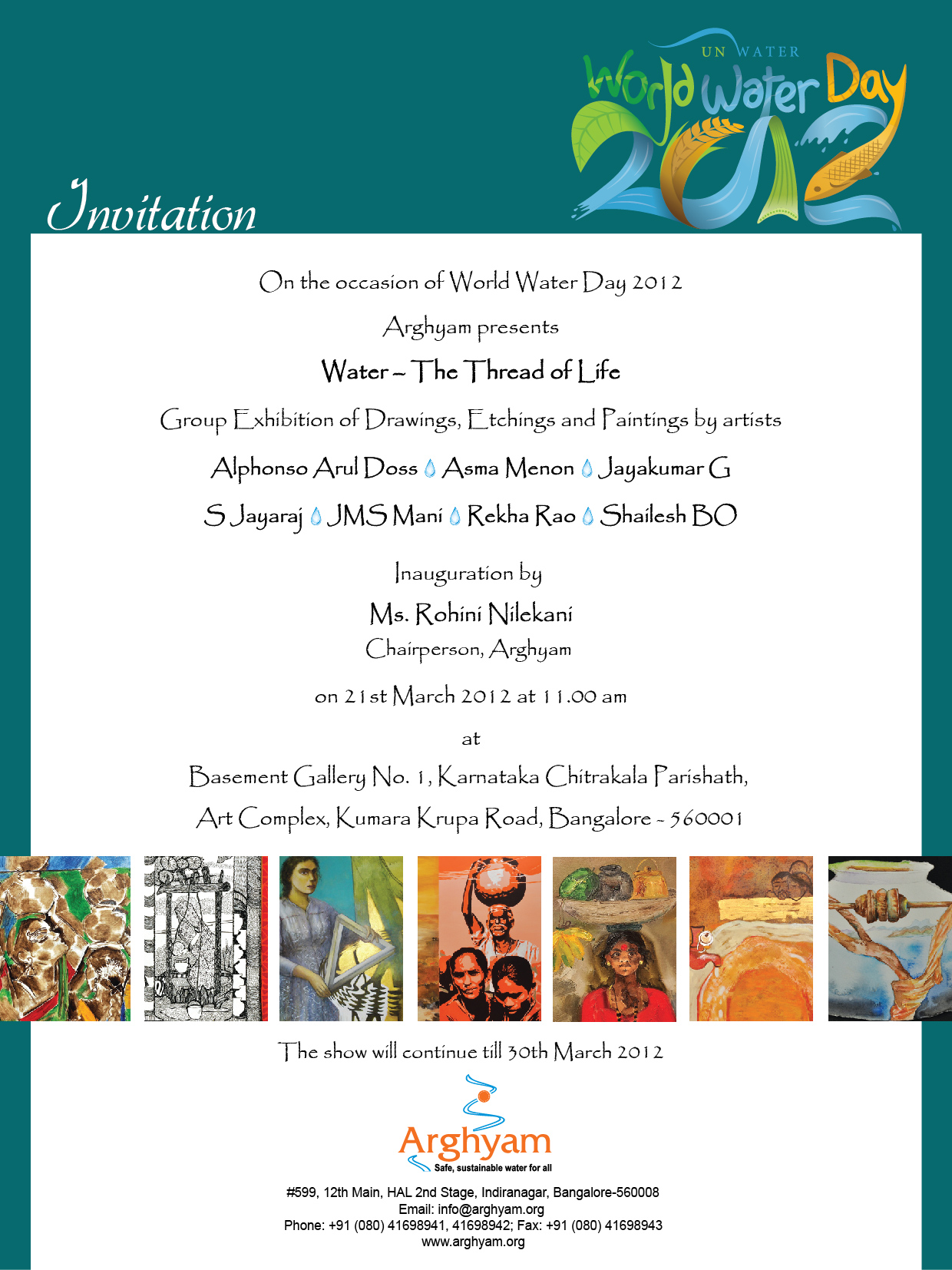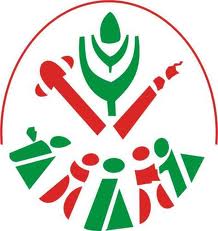Society, Culture, Religion and History
The return of the earthworm: Association for India's Development's (AID-JHU) practicing organic farming in the Sunderbans
Posted on 08 Apr, 2012 10:51 PMArticle and Video Courtesy : Association for India's Development - Johns Hopkins University
Author : Nishikant
Water Integrity Network invites applications for 3rd Water Integrity Network photo competition – Apply by June 2, 2012
Posted on 06 Apr, 2012 09:06 AM
The Water Integrity Network (WIN) was formed in respond to increasing concerns among water and anti-corruption stakeholders over corruption in the water sector. It combines global advocacy, regional networks and local action, to promote increased transparency and integrity, bringing together partners and members from the public and private sectors, civil society and academia, to drive change that will improve the lives of people who need it most. WIN’s vision is a world with equitable and sustained access to water and a clean environment, which is no longer threatened by corruption, greed, dishonesty and wilful malpractice.
Impact report of watershed development programme in Ayyannapalem village of Guntur district in Andhra Pradesh
Posted on 19 Mar, 2012 11:59 AMAuthor : Kotikala Chandrasheakar
Name of the watershed: Ayyannapalem
Name of the Mandal: Bollapalli
District: Guntur
Best meal of the day': Akshaya Patra's kitchen in Nathwara, Rajasthan is the newest of its high-technology ones across India
Posted on 19 Mar, 2012 10:23 AMArticle and Image Courtesy : One World South Asia
Author : Madhusmita Hazarika
Water – The Thread of Life, a group exhibition of contemporary artists, Arghyam, March 21-30, 2012, Karnataka Chitrakala Parishath, Bangalore
Posted on 15 Mar, 2012 09:00 AMOrganizer: Arghyam
Venue: Karnataka Chitrakala Parishath, Bangalore

Arghyam is a public charitable foundation setup with an endowment from Mrs. Rohini Nilekani, working in the domestic water and sanitation sector in India since 2005. Arghyam supports projects to promote water and sanitation security with stress on people’s participation and awareness. Domestic water is primarily a women’s burden and disproportionately impacts women and the girl-child in multiple ways. Therefore, promoting gender equity is an important facet of Arghyam’s work. The projects are spread across all geographies – deserts, mountains, flood-prone regions, rain-fed, coastal and tribal areas, representing the diversity in the country.
Call for Papers, UGC sponsored National Seminar on Understanding Communities of North East India, 20-21 March, 2012, Guwahati – Apply by March 15, 2012
Posted on 13 Mar, 2012 08:22 AM
Description:
The concept of community has generated immense interests in the academia across disciplines and over time raising methodological, analytical and theoretical concerns rife with differences in its treatment. Compounded by contemporary social dynamics such as pertaining to globalisation, economic changes, state, politics, migration, modern technology, gender, development, etc. and the emergence of new perspectives and new areas of research the understanding of communities has undergone significant changes.
The seed map - food, farmers and climate chaos: Shows the state of global agro-biodiversity today
Posted on 06 Mar, 2012 06:38 PMArticle Courtesy : Seedmap
India's ecological past: Review of a two volume book on environmental history in EPW
Posted on 02 Mar, 2012 02:18 PM
Rashtriya Jan Sansad, March 19 - 23, 2012, New Delhi
Posted on 29 Feb, 2012 04:14 PMOrganization: Rashtriya Jan Sansad / National People's Parliament

Description:
India, our country, is today at the crossroads. Despite our intense and diverse human, natural, cultural and technological resources the Constitutional endowments of freedom, equity and justice appear to be a distant dream. On the one side a small group of people have never had it so good with top class infrastructure, privately run airports, relatively cheap air travel, fast moving cars, obscenely high salaries and the promise of a 9 % growth. On the other side the conditions of the majority continue to deteriorate: farmers' suicides; large scale displacements; the use of police and para-military forces to appropriate Adivasi lands, forests and resources and and resistance to this faced with brutality and murder; dis-employment of the urban poor due to infrastructure projects; mega corruption scandals in every development project. But of course this is of no interest to the media! Corruption in its current form seems to be so institutionalised in character and monstrous in proportion as to make past scandals look like petty deeds. Are these stories of some other land or of our own?






